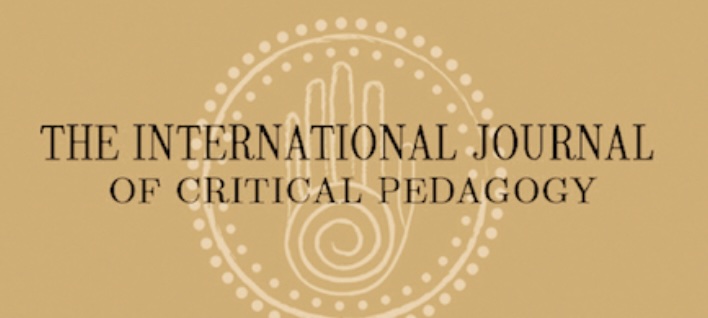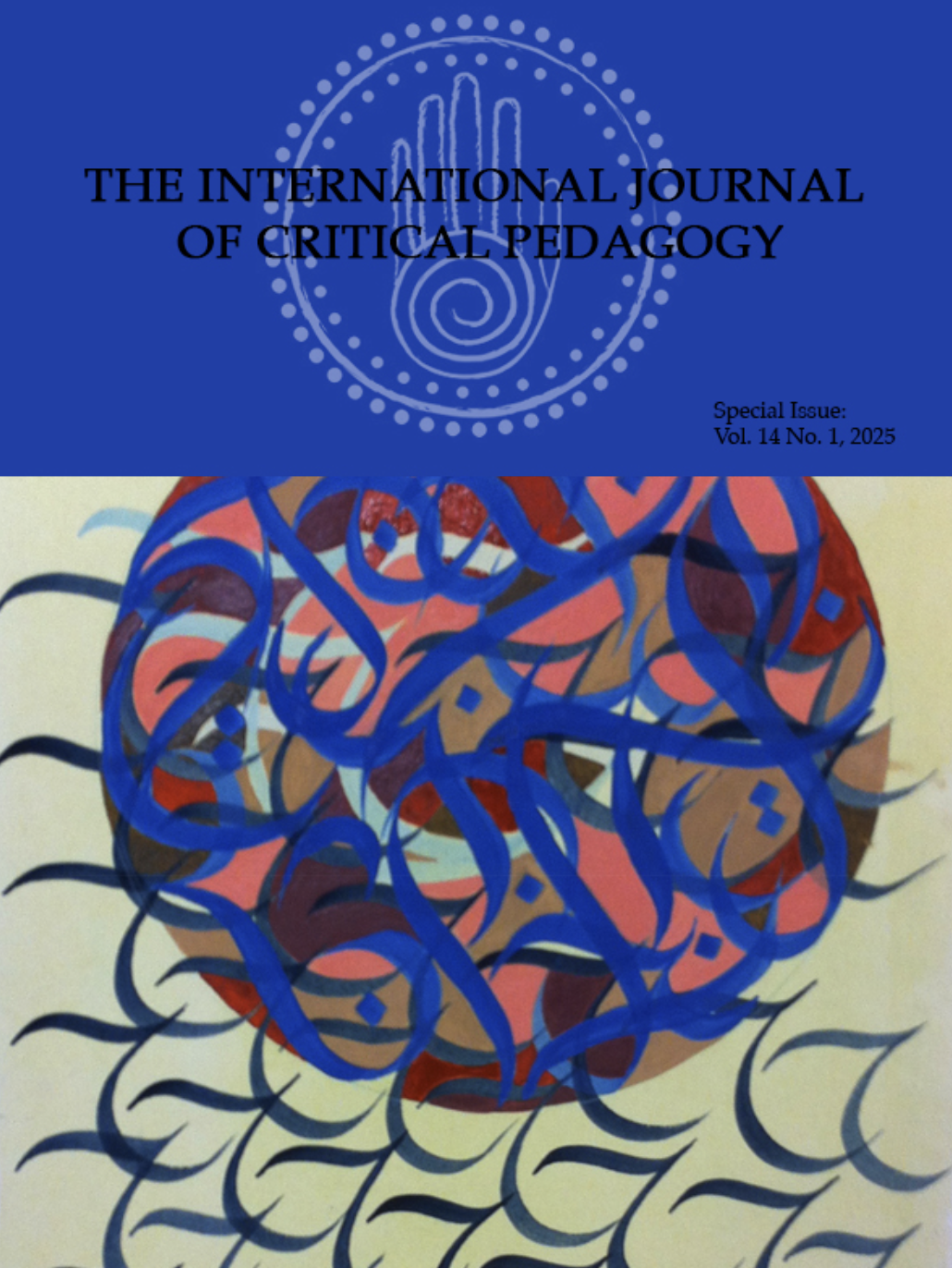Abstract
This paper lays the foundation for experiential learning to be identified as an innovative practice in student learning. Additionally, the inclusion of certain components of experiential learning bring about the natural settings in which a Freirian hope exists for teachers and students alike during and after the learning process. We draw upon these five common approaches to experiential learning: active learning, problem-based learning, project-based learning, service-learning, and place-based learning. We explore how these experiential learning approaches develop innovative thinking in students and teachers, bringing about hope for improvement in education. Specifically, we provide an analysis of the strengths of three specific components common to all of these approaches: roles of teachers and students, inquiry, and reflection. We acknowledge oppositions to our arguments by offering counter-arguments and solutions to these points of view that point towards a better system of accountability for public education. We share current research supporting experiential learning in order to make the connection between innovation and Freire’s idea of radical hope. With innovative practices in student learning comes the development of innovative thinkers, and this results in a more hopeful future for education and society overall because the students of today solve the societal and environmental problems of today and tomorrow. Our hope as authors is that readers will be aware of their own state of unfinishedness as they consider our suggestions.
Keywords: innovation, inquiry, roles, reflection
How to Cite:
Smith, K. & Smith, J., (2021) “Hopeful Innovation in Teaching and Learning”, International Journal of Critical Pedagogy 11(1).
Downloads:
Downloads are not available for this article.

